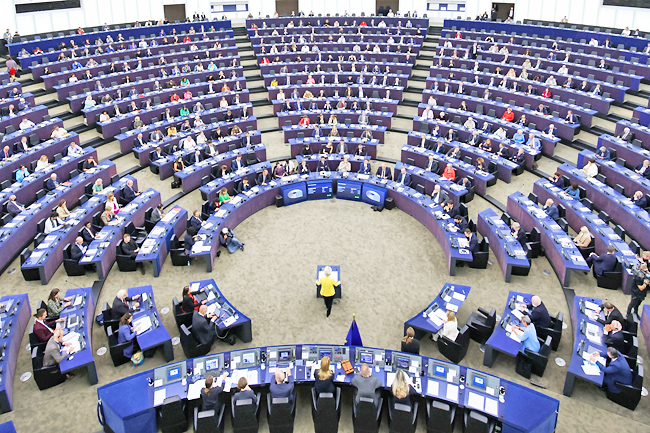BRUSSELS (AFP) – The European Commission will propose reforms to European Union (EU) fiscal rules tomorrow, hoping to strike a new balance between allowing members to invest to beat the slowdown while bolstering scrutiny of public accounts.
EU Economy Commissioner Paolo Gentiloni has said that now is the time to act on the issue.
The EU’s Stability and Growth Pact seeks to put a lid on how much the bloc’s member states can borrow, but was suspended in early 2020 to prevent the European economy crumbling under the COVID pandemic.
Rather than see the EU slip into a historic recession, Brussels allowed deficits to pile up.
But now the storm has passed and the pact is due to be reactivated late 2023. The stability pact was adopted by the EU countries belonging to its eurozone in 1997, ahead of the single currency coming into being two years later.

It responded to German concerns that, without it, some EU countries might pursue loose fiscal policies, weighing on all euro-using nations. The basic constraints of the pact were that eurozone countries should not allow their public deficit to go above three per cent of GDP, and debt would stay below 60 per cent of GDP.
If those ceilings were breached, the pact would trigger deficit-reining procedures that theoretically could have led to massive fines.
But those sanctions were never applied. Part of the worry was that they could drag down an already struggling EU country’s finances, worsening its situation.
The eurozone crisis of 2008 – when Greece teetered at the exit door – also taught some tough lessons. To bring back fiscal responsibility, it was decided that wayward countries should set out a plan to the European Commission on how it would bring debt back within the agreed lanes.
Any debt level above 60 per cent was to be reduced by one twentieth each year, but that measure too was considered unworkable as it could impose destructive austerity on indebted countries.



















































